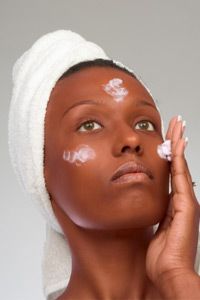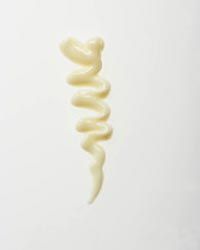One common dermatological myth is that dark skin tends to be oilier than light skin. The truth is, however, that anyone, regardless of skin color, can experience the same difficulties, including normal, oily, dry and combination skin.
In fact, people with darker skin may have more skin sensitivity issues than people with fair skin. That's because dark skin contains more melanin. Melanin, the pigmentation that determines skin color, has both positive and negative aspects. On the one hand, melanin provides natural protection from the sun's harmful rays.
Advertisement
On the other hand, an abundance of melanin makes a person more susceptible to pigmentation problems after an injury. Hyperpigmentation occurs when some areas of skin appear darker than others. Hyperpigmentation might not go away for months or even years [source: Nordenberg].
Something as seemingly innocuous as a pimple or an adverse reaction to a skincare product could result in an area of hyperpigmentation. Because of this, dermatologists recommend that people with darker skin keep their skin care regimen as simple as possible. Greasy moisturizers or lotions with fragrance, Vitamin A or retinol can irritate sensitive skin. Vitamin A and retinol can be too drying, while a formulation that's too greasy might cause a breakout.
However, dark skin can turn ashen if it becomes too dry, so if you do need moisturizer, choose a product meant for sensitive skin to reduce the likelihood of causing an adverse reaction [source: WebMD].
Everyone, regardless of their skin type, should regularly use sunscreen. Failure to protect against the sun can result in premature aging and other skin damage, particularly in fair skin types. But it can also lead to areas of hyperpigmentation in those with dark skin. Many moisturizers contain sunscreen today, so you can accomplish two things at once.
If you have any doubts or questions about the best products to use for your skin type, consult your physician or dermatologist. For lots more information, see the links on the next page.
Advertisement


